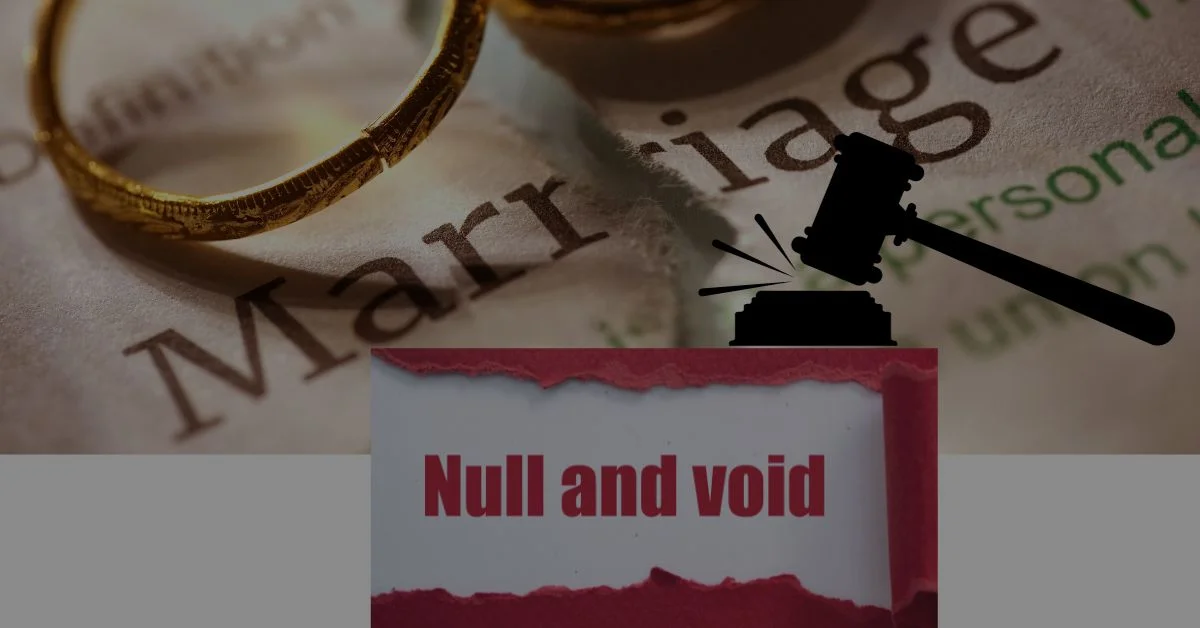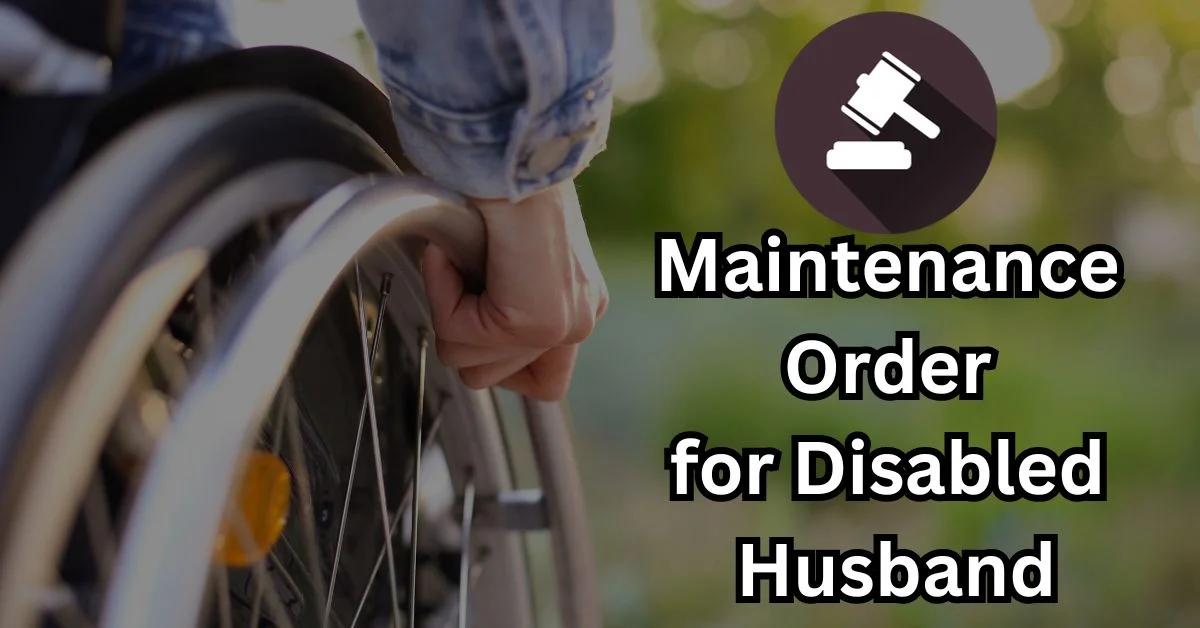Delhi High Court: Affair Evidence Relevant in Matrimonial Proceedings, Yet Insufficient as Sole Custody Criterion
The High Court of Delhi has pronounced a judgment in a complex custody dispute case that has garnered widespread attention. The case, known as MAT.APP.(F.C.) 132/2020, involved the custody of minor children and brought into question several crucial legal and moral issues. Background of the Case The case was initiated under Section 19(1) of the Family Courts Act, 1984. The appellant-mother appealed against the judgment passed by Sh. Rakesh Syal, Learned Judge, Family Courts, West, Tis Hazari, dated 22.08.2020. The judgment had granted permanent custody of the minor children to the respondent-father, while providing visitation rights to mother. The case revolved around allegations of an affair between the wife/mother and ‘CGA,’ as evidenced by WhatsApp chats and a video recording. These materials were presented by the father/husband, who had obtained the chats by hacking into her phone. The Family Court accepted these materials as evidence, citing Section 14 of the Family…
Delhi High Court Upholds Nullity of Marriage between Cousins
The Court upheld the nullity of a marriage between cousins under the Hindu Marriage Act, 1955. This landmark judgment clarifies the legal position on such marriages and their validity under Indian law. The case in question, MAT.APP.(F.C.) 35/2023, involved a Grover couple, who were cousins and had married in December 1998. Their union resulted in the birth of a daughter in August 1999. However, Husband filed a petition seeking the nullity of the marriage, citing that it fell within the degree of prohibited relationships as defined in Clause (v) of Section 5 of the Hindu Marriage Act. The provisions of Section 5 of the Hindu Marriage Act state that parties to a marriage shall not be sapindas of each other, unless the custom or usage governing each of them permits such a marriage. Sapinda relationships are defined as those extending up to the third generation through the mother and the…
Judicial Separation Cannot be for a Specific Period: Madhya Pradesh HC
The Madhya Pradesh High Court, consisting of Hon’ble Shri Justice Sheel Nagu and Hon’ble Shri Justice Amar Nath (Kesharwani), delivered a noteworthy judgment that affects the lives of the Husband and Wife. This judgment pertains to First Appeal No. 1003 of 2019, filed by the Husband, and First Appeal No. 1405 of 2019, filed by the Wife. Both appeals stemmed from the same impugned judgment, leading to a consolidated decision. These appeals were filed under Section 28 of the Hindu Marriage Act, 1955,challenging the judgment dated 05/04/2019 passed by II Additional District Judge, Khurai, District Sagar (M.P.) in RCS HM No. 100060A/2015. In F.A. No. 1003/2019, the Husband sought judicial separation on grounds of cruelty, while in F.A. No. 1405/2019, the Wife challenged the same impugned judgment. She contended that the trial court had failed to consider her desire to live with her Husband. The court carefully examined the evidence…
Delhi High Court Affirms Interim Maintenance Order for Disabled Husband
In a significant legal development, the Delhi High Court recently upheld an interim maintenance order for a disabled husband. The judgment, pronounced in the case, registered as MAT.APP.(F.C.) 133/2022, has garnered attention due to its implications for cases involving disability and maintenance in marriages. Background of the Case The case revolves around the marriage between a disabled husband and his wife, which took place on April 9, 2014. The couple had known each other since 2010 when they met at a gym. However, their married life faced significant challenges due to the husband’s disability. The husband had suffered a serious accident in 2011, resulting in the loss of his leg. During his hospitalization, his wife visited him regularly. According to the husband, he was pressurized by his wife to marry her in 2014. The marriage took place on April 9, 2014, but it was not without its difficulties. The husband…
Delhi High Court Upholds Divorce in Favor of Husband in Recent Landmark Judgment
In a recent landmark judgment, the Delhi High Court granted a divorce in a closely watched matrimonial case. The judgment addressed allegations of cruelty and desertion, ultimately leading to the dissolution of the marriage. The case centered around a husband’s petition seeking a divorce from his wife on the grounds of cruelty and desertion under Section 13(1)(ia) and 13(1)(ib) of the Hindu Marriage Act, 1955. The court’s decision has significant implications for family law in India. The court found that the wife’s medical condition was not intentional and that incidents that occurred before and after their marriage were not considered acts of cruelty. It concluded that there were differences between the parties, which ultimately led to their separation in April 2013. On the issue of cruelty, the court made several key observations. It noted that both the husband and wife had acted in ways that could be considered cruel. The husband…
Withholding mutual consent to divorce in a failed marriage is nothing but cruelty: Kerala High Court
The judges also highlighted that the courtroom should not be treated as a battleground for the egos of warring parties. The Kerala High Court recently observed that withholding mutual consent to divorce in a failed marriage amounts to cruelty. A Bench of Justices A Muhamed Mustaque and Sophy Thomas said that since no-fault divorces allow couples to separate in a mutually agreeable way, it is especially cruel to withhold consent for a divorce in an irretrievably broken-down marriage. The judges also highlighted that the courtroom should not be treated as a battleground for the egos of such parties. “The court rooms cannot be replaced to allow the parties for a battle for grooming their egos and idiosyncratic behaviour. The Court is established for genuine people who honestly dispute on the cause. If they cannot live together even by sharing residence for more than a decade, it can be presumed that sense is lost on…
Delhi High Court Dismisses Amendment Plea in Family Court Case
The Delhi High Court ruled on an appeal filed under Section 19(1) of the Family Courts Act, 1984. The case revolves around an application for amending the Written Statement in a family dispute. Background of the Case The case, referred to as MAT.APP.(F.C.) 291/2023, involves a marital dispute between two individuals. The husband had previously filed a petition seeking the annulment of their marriage under Section 12(c) of the Hindu Marriage Act, 1956. The Disputed Amendment Application During the proceedings, the wife, referred to as the appellant, attempted to amend the Written Statement through an Application under Order VI Rule 17 of the Code of Civil Procedure, 1908 (CPC, 1908). This Application was filed at a crucial stage when the husband’s evidence had already been concluded. Grounds for Dismissal The Delhi High Court dismissed the Application on several grounds. Firstly, the Application lacked the necessary signatures from the appellant and her…
Punjab and Haryana High Court objects to married man and divorced woman living together; asks them to pay ₹25,000 to man’s wife
The Court passed the order while dismissing the couple’s plea for protection. The Court said that the petition was filed only to cover up the illicit and promiscuous relationship. The Punjab and Haryana High Court recently took exception to a plea for protection filed by a divorced woman and a married man who were living together. Justice Alok Jain said that the man’s wife and children were “facing the brunt” of the petitioners’ illicit and promiscuous relationship and dismissed the petition while also directing the two petitioners to pay ₹25,000 to the man’s wife. “This petition has been filed only to cover up the illicit and promiscuous relationship of the petitioners by abusing and misusing the process of law,” Justice Jain said. The 49-year-old divorced woman approached the Court with the plea along with her partner, a 33-year-old man who had a subsisting marriage with another woman. The petitioners alleged that the man’s wife…
Wife who accepted extramarital affair of husband cannot later call it cruelty in divorce case: Delhi High Court
The Court also noted that making friends at the workplace or talking to them is not a cruel act or an act of ignoring the wife, particularly when the spouses were living apart due to the nature of their work. The Delhi High Court recently observed that if a spouse condones an extramarital illicit or intimate affair, it cannot later be called an act of cruelty in divorce proceedings. In the present case, the Court found that the wife had expressed her willingness to continue living with the husband, despite such an episode. Hence, the Court held that such an affair cannot be viewed as cruelty to the wife during divorce proceedings. “It has been rightly concluded … that it was an act which was condoned by the appellant who despite this episode, had expressed her willingness to continue to reside with the respondent. Once an act which lasted for…
Mother’s Work Commitments Cannot be Held Against Her to Deny Custody of a Child
In a significant ruling, the Delhi High Court has granted interim custody of a minor girl child to the mother during the pendency of a guardianship petition. Background of the Case The case stems from an order issued by the Family Court of Delhi on January 17, 2023. This order had granted interim custody of a minor girl child to the Wife/Mother, during the pendency of the guardianship petition, causing the Husband/Father to challenge it. The marriage between the parties was solemnized on November 1, 2017, and resulted in the birth of a girl child on January 8, 2019, in Dehradun. However, disputes arose as the Wife/Mother, who works as a Geologist with the Geological Survey of India, had to spend a significant amount of time working in remote areas. Key Arguments The Husband/Father contended that the Wife/Mother’s demanding job, which required her to be away for extended periods, made…










